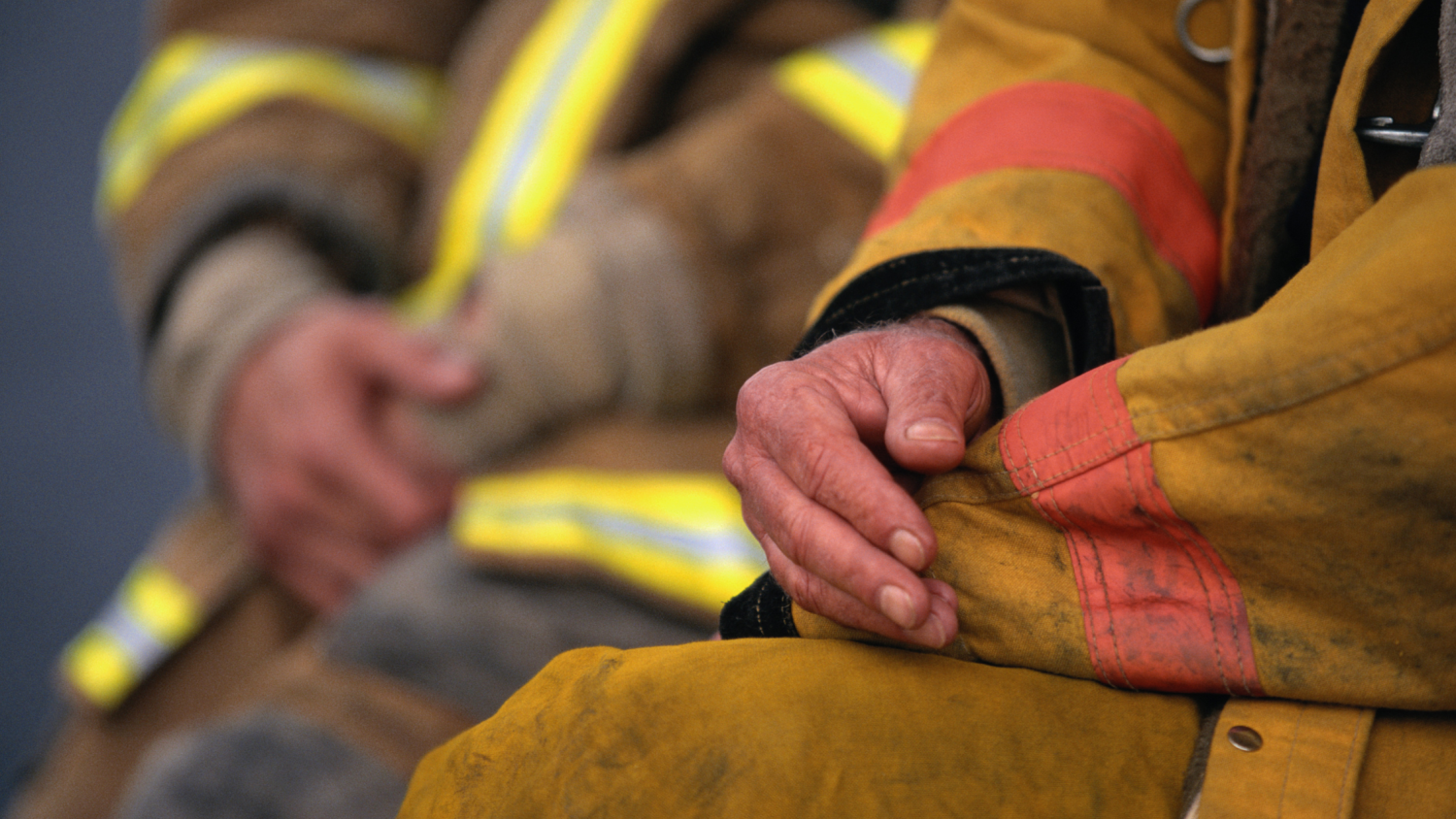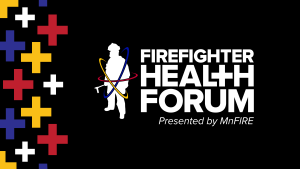When you’re going through something stressful or feeling anxious, negative thoughts can make difficult situations and feelings even harder. That’s because how we think affects how we feel, and how we feel affects how we behave.
Learning how to get ahead of unhelpful thoughts and reframing them to be more positive can help you get through those moments. It also can help improve your overall mental and emotional well-being.
While we generally cannot control the thoughts that come into our minds, especially after a tough call, we can control what we do with them. And we can train ourselves to alter our thinking patterns to be more helpful. Let’s look at how this works.
Types of unhelpful thoughts
First, let’s consider the kinds of negative thinking that may affect you. Here are some common ones:
Expecting the worst to happen.
This sometimes takes the form of “but what if?” thinking, too. In either case, even if something is going well, you expect the worst and think of all the bad things that could happen. As a result, you find it difficult to enjoy good times or be present in the moment. For example, if your boss sets up a meeting with you for the next day, an unhelpful thought would be, “I must be getting fired!” A way to reframe that more positively would be, “My boss wants to meet with me tomorrow. She isn’t on shift today, so I cannot ask her why. Tomorrow I will know why she wants to meet, and I can deal with it then.”
Focusing on the negative.
Even if something good happens, you tend to think only about what went wrong or could have gone better.
Seeing things only as good or bad and ignoring the range of possibilities in between.
This is also called “all or nothing” and “black and white” thinking. This pattern oversimplifies situations. For example, thinking “if you don’t win, then you lose” overlooks the benefits of participating in something you enjoy, such as a tennis match, or in pursuing opportunities, like applying for a promotion.
Making negative assumptions.
For example, if something bad happened, you assume it will keep happening. Like, if you once failed a test, going into every test believing you’ll also fail them. But realistically, you have passed many more tests than you’ve failed, and you’re prepared for this one. A more helpful thought would be, “I failed that test, but I prepared well for this test – and I’ve passed many more tests than I’ve failed.”
Blaming yourself when bad things happen. Or blaming others for bad things that happen to you.
This thinking pattern fails to consider all the other factors that could contribute to a situation or event. If you didn’t arrive at the scene early enough to help someone, it can be easy to spiral or blame yourself. In the fire service, having to navigate survivor’s guilt also isn’t uncommon, especially if there has been a line-of-duty death. We must remember that placing blame on others does not honor the sacrifice of the fallen. Use critical incidents as an opportunity to learn from possible mistakes, but try to give yourself and your crew the benefit of the doubt when it comes to this uniquely challenging work.
In each of these thinking patterns, you aren’t considering the positive possibilities and variety of perspectives. You’re also not considering the full story or thinking about the facts. Many factors contribute to and come into play in every situation. Try to pay attention to where your brain goes in a difficult time.
If you find yourself getting trapped in one of these unhelpful thinking patterns, ask yourself questions to center your thoughts and see other perspectives. For example:
- Why am I so worried about this? Has this happened before? If yes, how did I manage that situation? If no, how likely is it to happen in this situation? And if it does, what can I do to get through it?
- Are there other reasons or explanations why this could have happened? For example, maybe my friend’s partner does not feel well, so they need to reschedule dinner. Or, I failed that test because I didn’t prepare properly, but I am prepared for this test – and I’ve passed many more tests than I’ve failed.
- If someone I cared about were in this situation, what would I tell them? Would I be as hard on them as I am on myself?
Another way to reconsider unhelpful thoughts is to go through this step-by-step exercise. Ask yourself:
- Why am I stressed and/or having anxious thoughts? What happened?
- What unhelpful thoughts am I having?
- How do those thoughts make me feel?
- What evidence supports these unhelpful thoughts?
- What evidence challenges these unhelpful thoughts?
- Based on the evidence, what is a more helpful, realistic and/or balanced way to think about this?
Then, take a deep breath. Let the other perspective sink in, and reset.
Going through these reframing processes can help you feel calmer in the moment and shift your thinking patterns over time to be more positive. With practice, thinking more positively can become part of your life – and help improve your overall mental and emotional health and well-being – both in the fire service and in your personal life.
Want to learn more or get more mental health support like this?
Confidential help is available over the phone or online, anytime for any Minnesota firefighter and their family through the MnFIRE Assistance Program (MAP). The MAP targets emotional health and stress unique to the fire service through connection to mental health care and peer support. For more details or for help, call 888-784-6634 or visit mnfireinitiative.com/hhap/#MAP.
Repurposed from MnFIRE Assistance Program partner, Optum.
Sources
MyHealth Alberta, “Learning about thought reframing.” myhealth.alberta.ca/Health/aftercareinformation/pages/conditions.aspx?hwid=abk7438. Accessed September 22, 2023.
NHS, “Reframing unhelpful thoughts.” nhs.uk/every-mind-matters/mental-wellbeing-tips/self-help-cbt-techniques/reframing-unhelpful-thoughts/. Accessed August 8, 2923.
Small Steps, “Reframing thoughts.” smallsteps.org.nz/reframing-thoughts. Accessed August 8, 2023.








